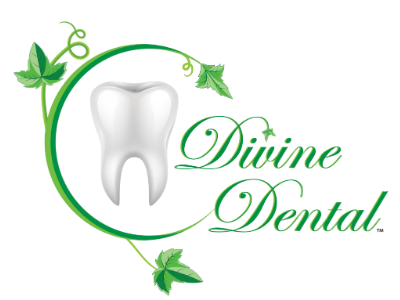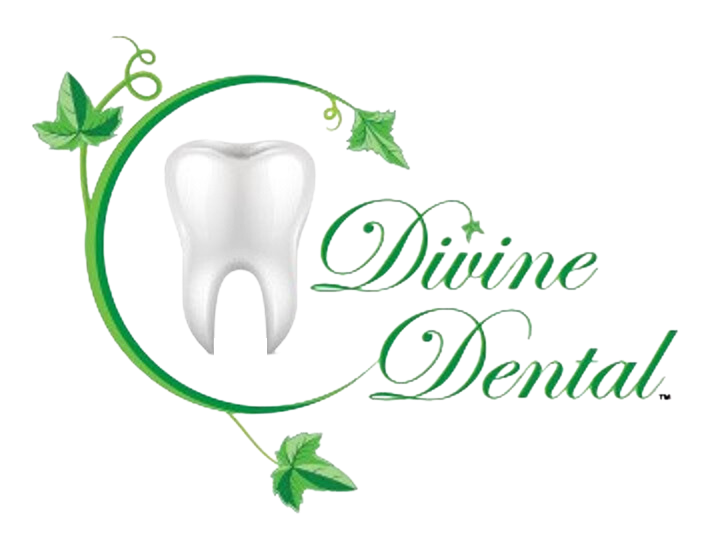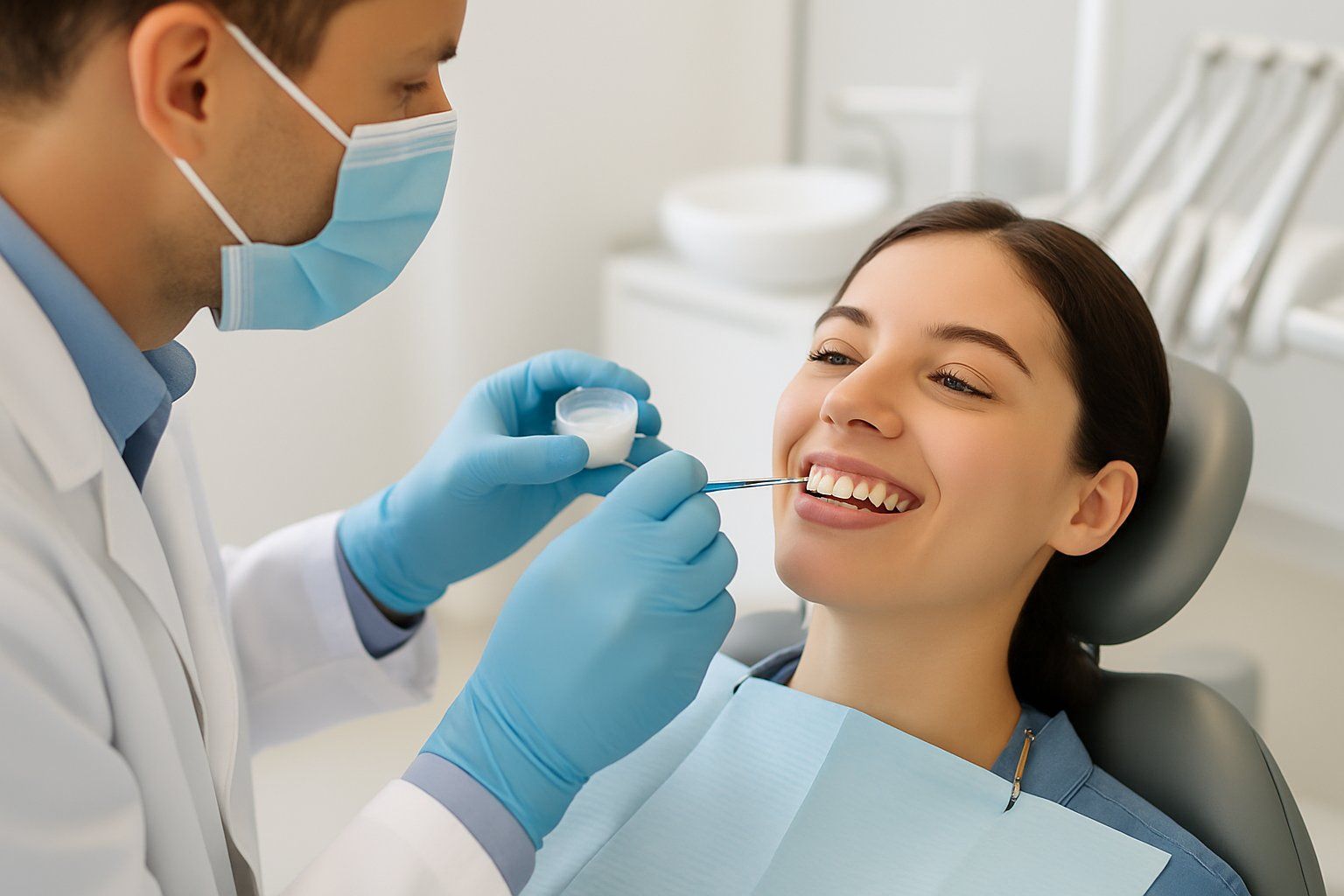Teeth Whitening Options: Discover The Secrets To A Dazzling Smile
A dazzling smile can have a significant impact on our overall appearance and confidence. Fortunately, there are various teeth whitening options available to help us achieve that radiant smile we desire. Teeth whitening not only improves our oral aesthetics but also removes surface stains caused by everyday habits like coffee drinking or smoking. The benefits of teeth whitening are numerous, including a boost in self-esteem and a more youthful appearance. Depending on our preferences and dental needs, there are different types of treatments to consider.
From professional teeth whitening procedures done by dental professionals to at-home whitening kits with custom-fitted trays or flexible strips, there is a solution for everyone. Whether we opt for in-office treatments using specialized lights or gradual whitening with whitening gels, it's important to remember that professional guidance and oral hygiene practices are crucial for overall oral health.
Who Can Benefit from Teeth Whitening?
Teeth whitening is a popular cosmetic dental treatment that can significantly enhance a person's smile. While many individuals can benefit from teeth whitening, it is important to understand who is a suitable candidate for this treatment.
Suitable candidates for teeth whitening are individuals with stained or discolored teeth. There are various factors that can cause teeth discoloration, such as age, certain medications, tobacco use, and consuming beverages like coffee, tea, or red wine. Additionally, poor oral hygiene practices can also contribute to tooth discoloration.
Teeth whitening can help individuals with stained or discolored teeth to regain their confidence and achieve a brighter smile. It can effectively remove surface stains and lighten the shade of the teeth, making them appear whiter and more radiant.
It is important to note that teeth whitening may not be suitable for everyone. Individuals with intrinsic stains, which are deep stains that occur within the tooth structure, may not achieve the desired results from standard teeth whitening methods. In such cases, alternative treatments like veneers or dental bonding may be recommended.
Before undergoing teeth whitening, it is advisable to consult with a dental professional who can evaluate the condition of your teeth and provide personalized recommendations. They can also assess your oral health and address any potential dental issues that may affect the whitening process.

Types of Teeth Whitening Treatments
There are several types of teeth whitening treatments available today that can help individuals achieve a whiter and brighter smile. These treatments can be categorized into professional and at-home options.
Professional Teeth Whitening Treatments
- In-Office Whitening: This is the most common type of professional teeth whitening treatment. It involves a dental procedure performed by a dental professional in their office. The dentist will apply a whitening gel, usually containing hydrogen peroxide or carbamide peroxide, to the teeth. A specialized light or laser may be used to activate the gel and enhance the whitening process. In-office whitening treatments typically deliver rapid and significant results.
- Custom-Fitted Trays: This professional treatment involves using custom-fitted trays that are designed to fit snugly over the teeth. The trays are filled with a professional-grade whitening gel and worn for a specified amount of time each day. This treatment offers convenience and flexibility as it can be done at home.
At-Home Teeth Whitening Treatments
- Whitening Strips: These are flexible strips that are applied directly to the teeth. They are coated with a whitening gel and left in place for a certain amount of time, usually around 30 minutes. Whitening strips are an affordable and convenient option but may not provide as dramatic results as professional treatments.
- Take-Home Whitening Kits: These kits are provided by dental professionals and typically include custom-fitted trays and whitening gel. The trays are filled with the gel and worn for a specified time, usually overnight. Take-home kits offer gradual whitening over a longer period of time.
When considering teeth whitening treatments, it is recommended to consult with a dental professional who can recommend the best option based on your individual needs and goals. They can provide guidance on which treatment will be most effective and ensure that proper precautions are taken to protect your oral health.
Over-the-Counter Teeth Whitening Products
- Whitening Toothpaste: Whitening toothpaste is a popular over-the-counter option for teeth whitening. These kinds of toothpaste contain mild abrasives that help remove surface stains from the tooth enamel. Some whitening toothpastes also contain ingredients like hydrogen peroxide or carbamide peroxide, which can provide additional whitening benefits. While whitening toothpaste can help lighten surface stains, it may not be as effective at dramatically whitening teeth compared to professional treatments.
- Whitening Strips: Whitening strips are another common over-the-counter option for teeth whitening. These flexible strips are coated with a whitening gel that contains hydrogen peroxide or carbamide peroxide. The strips are applied directly to the teeth and left in place for a specific amount of time, usually around 30 minutes. The gel works to remove surface stains and lighten the color of the teeth. While whitening strips can provide noticeable results, they may not be as effective on deep or intrinsic stains.
- Whitening Gels: Whitening gels are another type of over-the-counter product that can be used for teeth whitening. These gels are usually applied to the teeth using a small brush or mouth tray. The gel contains hydrogen peroxide or carbamide peroxide, which helps break down and remove surface stains. Whitening gels are convenient and can be applied directly to the specific areas that require whitening. However, it's important to carefully follow the instructions provided with the product to ensure safe and effective use.
While over-the-counter teeth whitening products can help remove surface stains and lighten the color of teeth, it's important to note that they may not provide the same dramatic results as professional treatments. For individuals with more severe discoloration or deep stains, consulting with a dental professional may be necessary to explore additional options for achieving a whiter smile.

Advantages and Disadvantages of Teeth Whitening
Teeth whitening is a popular cosmetic dental procedure that aims to enhance the appearance of your smile by removing stains and discoloration from your teeth. There are several different methods and options available to achieve a whiter smile. While teeth whitening can provide many advantages in terms of improving confidence and self-esteem, it's important to be aware of the potential disadvantages as well.
Advantages of Teeth Whitening
One of the major advantages of teeth whitening is the immediate improvement it can bring to the appearance of your teeth. By removing surface stains and discoloration, teeth whitening can give you a younger, fresher look and boost your overall confidence. Professional teeth whitening treatments, whether done in a dental office or with take-home kits, are often more effective and longer-lasting than over-the-counter whitening options. Moreover, teeth whitening can be a more affordable option compared to other cosmetic dental procedures like veneers or crowns.
Disadvantages of Teeth Whitening
Despite its many benefits, teeth whitening does have a few potential disadvantages. One common side effect is tooth sensitivity, which can range from mild discomfort to more significant pain. This sensitivity usually resolves on its own but can be managed with desensitizing toothpaste or other remedies. Another disadvantage is the temporary nature of teeth whitening.
Depending on your oral habits and lifestyle choices, the effects of teeth whitening may fade over time, requiring touch-ups or repeat treatments. Overuse of teeth whitening products or improper application can also lead to enamel damage or gum irritation. It's crucial to follow the instructions provided by your dental professional and seek their guidance for the best results while minimizing potential risks.

Conclusion
In conclusion, seeking the guidance of a dental professional for teeth whitening treatments is crucial for personalized care and optimal results. The Scottsdale Dentist, with their expertise in cosmetic dentistry, can provide the necessary guidance to ensure the whitening process is safe and effective.



